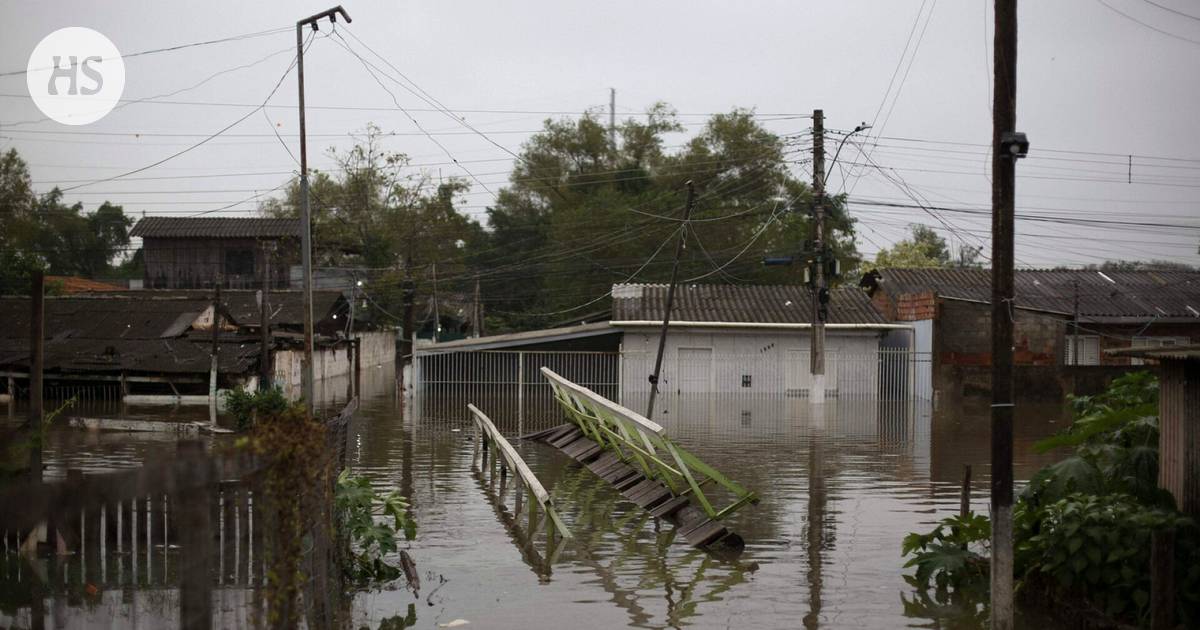In Brazil’s southern region, over a million people are without access to clean drinking water. Nearly 90,000 individuals have been forced to evacuate their homes due to floods, mudslides, and heavy rainfall. The country’s civil protection officials stated that these disasters have resulted in the deaths of at least 70 individuals and more than a hundred are reported missing.
Tragically, two people lost their lives in an explosion at a flooded gas station in Porto Alegre, the capital of Rio Grande do Sul. As the floods continue, water levels are expected to rise even further in the area on Monday. In Porto Alegre, a city with a population of 1.4 million, 70% of the city is without clean water due to overwhelmed water surfaces and strained dams.
The flooding has affected not only Porto Alegre but also more than 300 other cities and villages in the region. Governor Eduardo Leite of Rio Grande do Sul has emphasized the need for substantial investments in post-disaster reconstruction efforts. Porto Alegre International Airport has halted all flights indefinitely, intensifying the impact of the devastation on the region.
Environmental scientists attribute these destructive storms to global warming and the El Nino weather phenomenon. Brazil has experienced a series of severe weather events in recent months, including a cyclone in September that resulted in the deaths of at least 31 individuals. The country must now focus on recovery and rebuilding efforts to address the aftermath of these natural disasters.
Despite this tragedy, volunteers have come forward to help those affected by these natural disasters. In one instance, members from a local sports team used their boats to rescue stranded individuals from rooftops waiting for rescue services.
The flooding has also brought attention to Brazil’s need for better infrastructure and disaster preparedness measures. The country must prioritize its rebuilding efforts with climate change mitigation strategies that will ensure future resilience against extreme weather events.
As residents continue their struggle for survival during this crisis, they remain hopeful that they will eventually be able to rebuild their lives and communities once again with proper support from both government agencies and local organizations alike.



